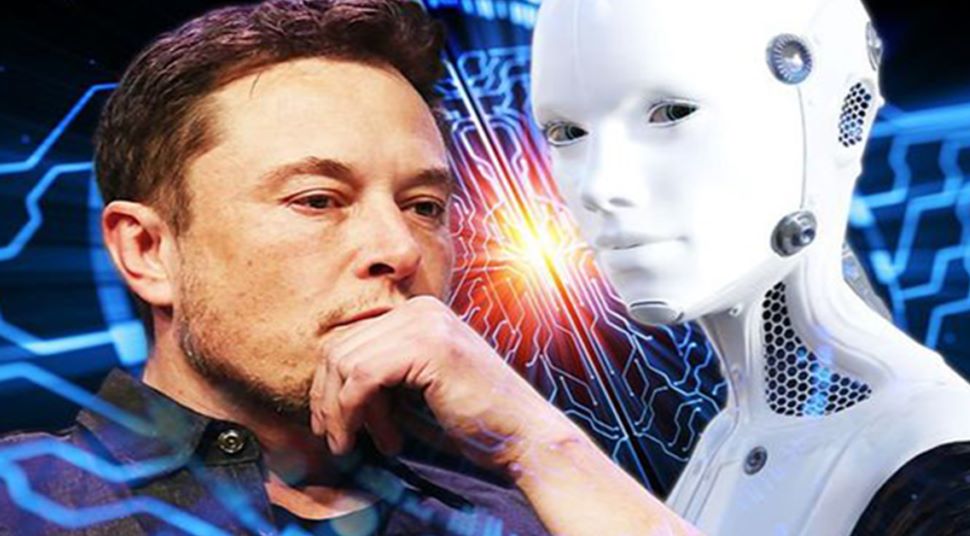A collective of tech industry titans, including Sam Altman, the CEO of OpenAI, have voiced their profound concerns regarding the existential threats artificial intelligence (AI) poses to humanity. They are calling upon policy makers to treat this emerging risk with the gravity it warrants, likening it to the menace of nuclear warfare or a global pandemic.
A Plea for Global Priority
Numerous directors of companies specializing in AI development, including luminaries like Altman, assembled Tuesday to articulate their rising anxiety about “the increasing risk of extinction (of humanity) due to AI.” Their appeal to political decision-makers insists on the urgent need to take this threat seriously, treating it with the same dread we associate with nuclear war or pandemics, as Reuters reports.
Viral Content: Brace Yourselves… A Storm is Coming! You Just Have to Know Where to Look!
The reduction of the existential risk due to AI must become a global priority, equal to other major threats facing human society, such as pandemics or nuclear warfare, according to the 350 signatories of an open letter published by the nonprofit organization Center for AI Safety (CAIS).
AI Leaders Take a Stand
The missive is also endorsed by the directors of AI firms DeepMind and Anthropic, as well as executives from Microsoft and Google, according to Agerpres. Additionally, the signatory list includes Geoffrey Hinton and Yoshua Bengio—known as “godfathers of artificial intelligence”, who were awarded the Turing Prize in 2018 for their contributions in the field—and several professors from prestigious universities such as Harvard and China’s Tsinghua.
CAIS’s statement also highlights Meta, where the third “godfather” of artificial intelligence, Yann LeCun, is employed. Interestingly, no representative from Meta opted to sign the open letter.
Also Read: Beware the Rise of AI: The Alarming Scenario of Artificial Intelligence Turning Against Us!
Unveiling the Shadow Side of AI
Back in April, Elon Musk and other domain experts were among the first to discuss the risks this technology could pose to society as a whole. No doubt, AI could revolutionize sectors like healthcare, but it could also intrude on people’s personal lives, fuel potent misinformation campaigns, and provoke new problems when smart machines start thinking independently.
Geoffrey Hinton, one of the pioneers of this field and a signatory of the letter, recently told Reuters that artificial intelligence could be a “more urgent threat” to humanity than climate change. Hinton’s chilling statement underscores the urgent need for an open, comprehensive global dialogue about the potential risks and ethical implications of AI.




